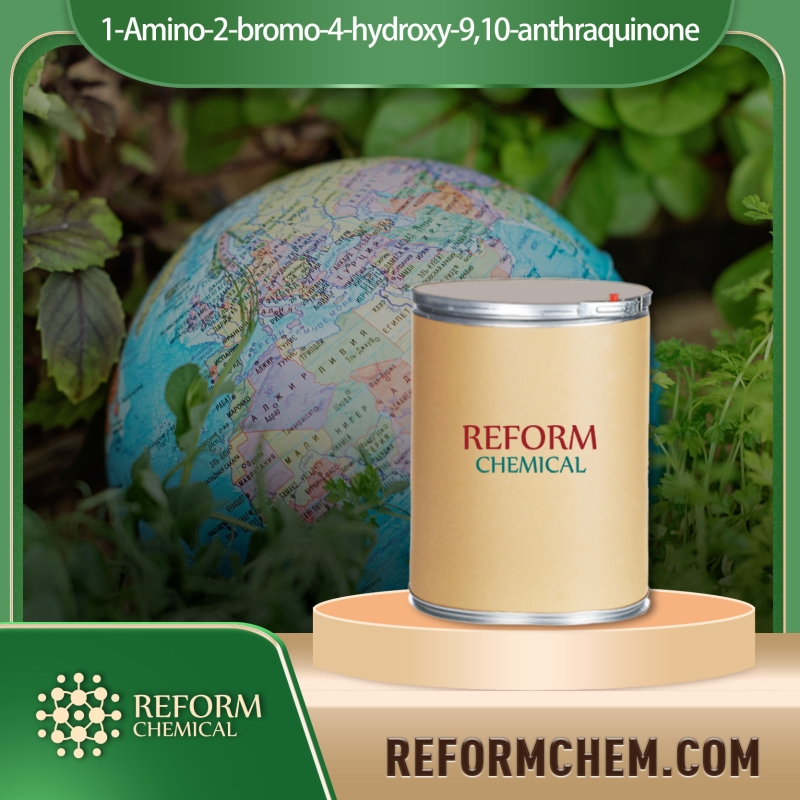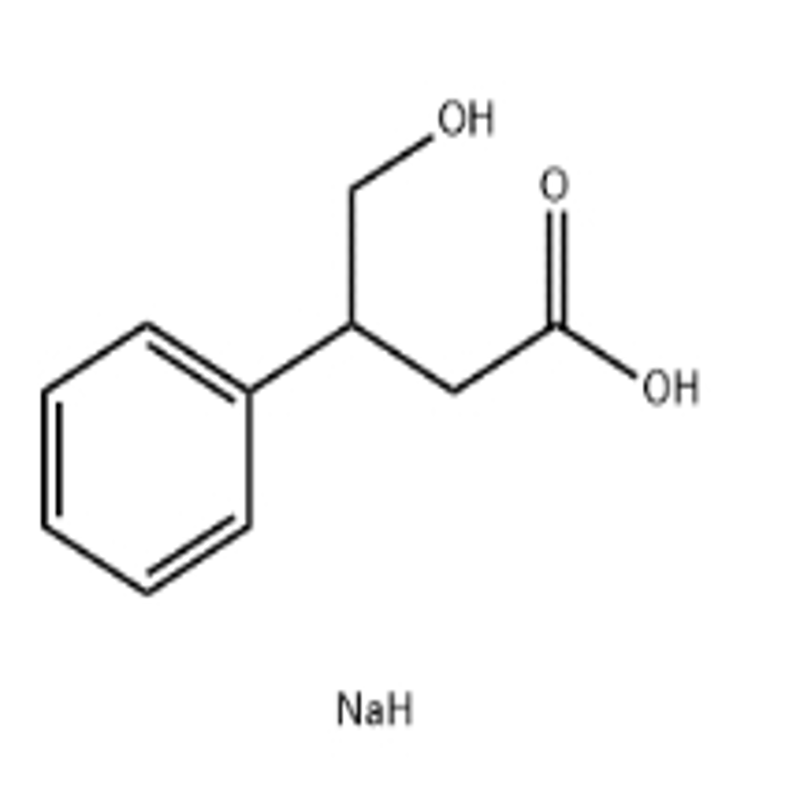-
Categories
-
Pharmaceutical Intermediates
-
Active Pharmaceutical Ingredients
-
Food Additives
- Industrial Coatings
- Agrochemicals
- Dyes and Pigments
- Surfactant
- Flavors and Fragrances
- Chemical Reagents
- Catalyst and Auxiliary
- Natural Products
- Inorganic Chemistry
-
Organic Chemistry
-
Biochemical Engineering
- Analytical Chemistry
-
Cosmetic Ingredient
- Water Treatment Chemical
-
Pharmaceutical Intermediates
Promotion
ECHEMI Mall
Wholesale
Weekly Price
Exhibition
News
-
Trade Service
Trimethyl-1-propyn-1-ylsilane, also known as bis(trimethylsilyl)acetamide or TMS-acetamide, is a compound commonly used in the chemical industry.
It is a colorless liquid with a characteristic odor, and it is soluble in many organic solvents.
TMS-acetamide is an important intermediate in the production of a wide range of chemicals and materials, and it is often referred to as an upstream product.
One of the most common uses of TMS-acetamide is in the production of silicones.
Silicones are a type of polymer that is made up of repeating units of silicon and oxygen.
They are widely used in a variety of applications, including as ingredients in personal care products, as lubricants and greases, and as sealants and adhesives.
TMS-acetamide is used in the production of silicones as a catalyst and as a process aid.
Another important use of TMS-acetamide is in the production of polyurethanes.
Polyurethanes are a type of polymer that is made up of a combination of organic and inorganic components.
They are widely used in a variety of applications, including as coatings, adhesives, and foams.
TMS-acetamide is used in the production of polyurethanes as a catalyst and as a process aid.
TMS-acetamide is also used in the production of other chemicals and materials, including as a solvent and as a reaction medium.
It is used in the production of various types of resins, including epoxy resins and phenolic resins, and it is used in the production of certain types of fibers, including carbon fibers and aramid fibers.
In addition to its use as an upstream product, TMS-acetamide is also used as a downstream product in the chemical industry.
Downstream products are finished goods or products that are ready for use or consumption.
In the case of TMS-acetamide, it is often used as a building block for the production of other chemicals and materials.
One example of a downstream product that can be made using TMS-acetamide is a type of silicone elastomer.
Silicone elastomers are a type of silicone that is crosslinked to form a rubbery material.
They are widely used in a variety of applications, including as sealants and adhesives, as lubricants and greases, and in the production of medical devices.
TMS-acetamide can be used to produce silicone elastomers by a process known as hydrosilation.
Another example of a downstream product that can be made using TMS-acetamide is a type of polyurethane foam.
Polyurethane foams are made by reacting a mixture of organic and inorganic components, and TMS-acetamide can be used as a catalyst and as a process aid in the production of these foams.
The foams can be used in a wide range of applications, including as insulation, as sound absorption materials, and as packaging materials.
In conclusion, TMS-acetamide is an important intermediate in the production of a wide range of chemicals and materials, and it is often referred to as an upstream product.
It is used in the production of silicones, polyurethanes, and other chemicals and materials, and it is also used as a downstream product in the production of other chemicals and materials, such as silicone elastomers and polyurethane foams.







